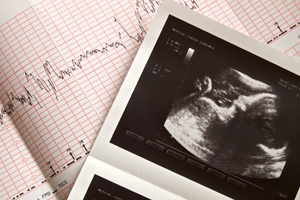By Jeffrey Rosen | The Atlantic | June 3, 2016
Louis Brandeis, who was confirmed to the Supreme Court exactly 100 years ago, was America’s greatest critic of bigness since Thomas Jefferson. Denouncing big banks as well as big government as symptoms of what he called a “curse of bigness,” Brandeis was determined to diminish concentrated financial and federal power, which he viewed as a menace to liberty and democracy. He is also the Jeffersonian prophet who has been most consistently vindicated. The “people’s lawyer,” who predicted the stock-market crash of 1929, was a ferocious critic of economic and political consolidation in an earlier age of “too big to fail.” More than any other Supreme Court justice, he shows the importance of translating values of privacy and free speech in an age of technological change.
So why hasn’t Brandeis been invoked more frequently in the U.S. presidential election? Candidates from Sanders and Clinton to Ted Cruz have criticized big banks. Citizens on both sides of the aisle, from Tea Party conservatives to Feel the Bern progressives, have questioned the idea of “too big to fail.” Brandeis would seem to be a natural icon for this moment in American politics, yet politicians today rarely draw on his legacy.




